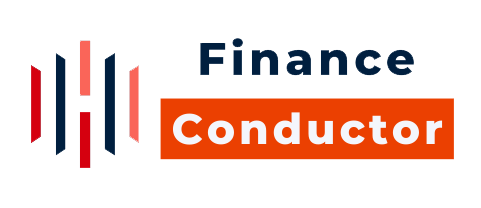Debt is sometimes compared to a double-edged sword since it has the potential to inflict harm on both the lender and the borrower. Debt can be used to the borrower’s advantage through responsible management. Insurance can help you develop personally while also assisting you in reaching your financial objectives.
You can borrow a greater percentage of your income as your wealth increases. The former is correct since, as your capital grows, so does your maturity in the eyes of your financiers. Some assets are tools that can help you fulfill personal and professional goals.
You can get a loan against a variety of assets besides gold. You can also secure a loan with assets like a fixed deposit, shares, a personal savings plan, an insurance policy, or mutual funds. A loan secured by these assets is more cost-effective than a traditional unsecured loan.
Whatever your financial needs, for yourself or your business, you can secure a loan or line of credit against one of these options.
The Assets That Can be Put Up as Security for a Loan:
Loan Against Insurance Policies
Traditional policies like money-back and endowment policies are required to obtain a loan secured by an insurance policy. These policies are acceptable to banks because they offer savings and life insurance.
Insurance policies can be used as loan collateral after surrender values reach a certain threshold. Loan amounts are often approved at a rate of 85–90% of the policy’s surrender value.
Is it Good to Take a Loan Against an Insurance Policy?
When you need money quickly, this is one of your greatest options for getting a loan. The insurance policy alone serves as collateral/asset. Hence no other security is needed. This loan form typically has a lower interest rate than a personal loan.
Loan Against Mutual Funds:
Loan against mutual fund shares is one such alternative. The benefit is that you can delay cashing in your units. This also guarantees that your SIP will go without a hitch.
This works analogously to the overdraft protection provided by checking and savings accounts. Any bank or NBFC will provide you with a loan if you have equity or hybrid mutual funds as collateral.
If you want the bank to approve your loan, you must install some collateral, such as shares in a mutual fund. The loan amount and repayment period are determined by the folio’s unit value and the selected repayment period.
Is it Good to take a Loan Against Mutual Funds?
The interest rates on loans secured by stock or mutual fund holdings are typically lower than those on unsecured loan products like credit cards. This is because a loan secured by assets is a type of secured loan. Maintaining steady profits from one’s investments is yet another perk.
Loan Against Shares
Equity or preference shares in demat form can be used as collateral for a loan against shares. The loan amount is based on a multiple of the current market value of the borrower’s demat shareholdings. These loans are intended for smaller, more immediate financial requirements.
These loans often have shorter terms and larger loan amounts, but exceptions exist. The loan length may vary from 3 to 6 years, depending on the circumstances. This loan form is commonly available from several banks, up to a maximum of Rs. 20 Lakh.
Depending on the current share price, the loan amount could be anywhere from 50% to 100% of the share price. The terms of the loan repayment are adjustable. The borrower may return debt and interest or interest only while the principal is offset against collateral. Unlike traditional loans with a set EMI (equated monthly installment), the borrower is free to make partial payments toward the loan at any time during the term.
Is it Good to take a Loan Against Shares?
Taking out a loan against equity investment is smart if you have long-term stock investments. Funding gaps can be filled, and long-term objectives can still be attained with the help of these loans for investors.
Loan Against Fixed Deposit:
Loan against Fixed Deposit is an option even if you have a bad credit score, don’t make enough money, or don’t have any other assets to pledge for a secured loan.
These loans can be repaid over 60 months at interest rates of 1% to 2% above the FD rate. Overdrafts and demand loans are common examples of this type of credit.
Is it Good to take a Loan against a Fixed Deposit?
Here are some of the most compelling arguments in favor of switching to a loan against FD: Personal loans, for example, typically have far higher interest rates than savings and checking accounts. Cash out your FD early and avoid losing interest.
Conclusion:
Although there are numerous loan options in the modern era, it is still up to the borrower to choose which loan product will best serve their needs. If you want to keep your property safe once a loan has been approved, you must pay it back according to the agreed-upon terms. Taking out a loan against one’s assets to cover unexpected expenses is a prudent course of action.






